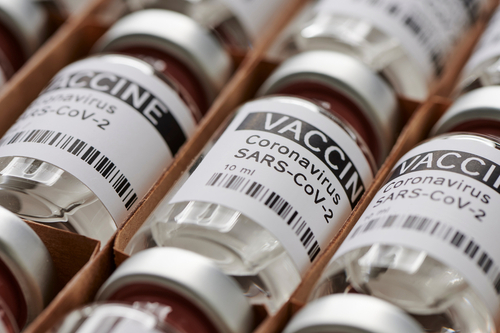
Health experts maintain the federal government needs to craft a plan to distribute COVID-19 vaccines in Black and Latino that have borne the brunt of the pandemic nationwide.
“They are going to have to make sure we have a sound distribution plan to make sure that we don’t repeat the mistakes we did with testing,” Georges Benjamin, executive director of the American Public Health Association, said.
While congressional Democrats have been calling for a national testing strategy from the White House, the administration has largely placed the onus on states.
“Part of the vaccine hesitancy that you have in African-American communities or in black communities is a result of this systemic historical discrimination within the health care system,” Marya Mtshali, a lecturer at Harvard University with an interest in gender, race and sexuality studies, said. “The ways in which black bodies have been used for scientific research, and often in very abusive, exploitative ways, has caused a lot of hesitancy, concern, skepticism, and fear for a lot of black communities when it comes to medical institutions in general.”
Benjamin said Congress should press the administration for a vaccine strategy, with state and local public health being consulted.
Via a statement to National Journal, Rep. Robin Kelly (D-IL) advocated for the HEROES Act, which she said would provide additional resources and culturally competent public health information to help slow the spread and impact of COVID19 in communities of color.
“If and when a vaccine is developed, this culturally appropriate infrastructure must be present in communities to maximize the impact,” she said.




